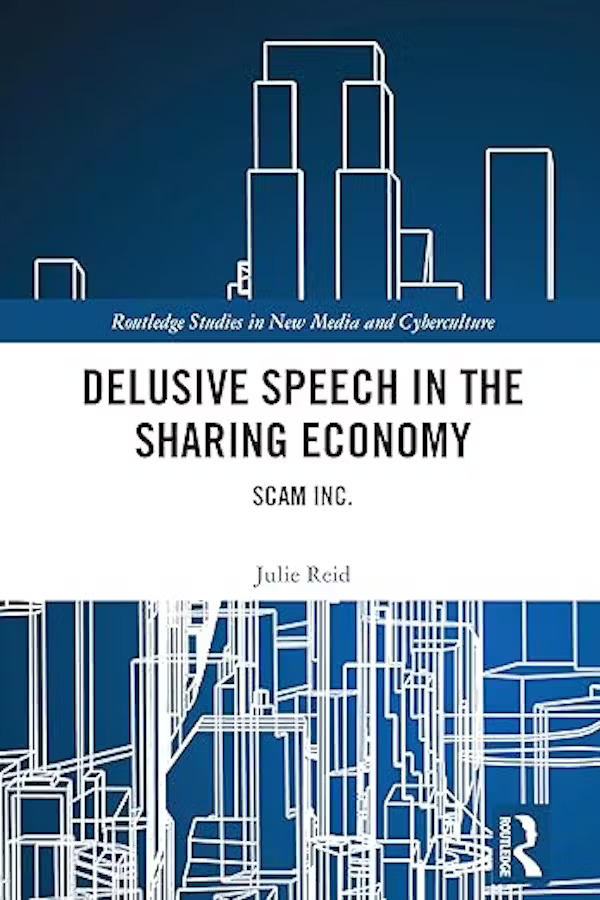
Upgrade to High-Speed Internet for only ₱1499/month!
Enjoy up to 100 Mbps fiber broadband, perfect for browsing, streaming, and gaming.
Visit Suniway.ph to learn
MANILA, Philippines — The Philippines, no doubt, is such a beautiful country that it has some of the most profitable hotels in the world, a group of international real estate expert said at a recent press conference in Ascott Bonifacio Global City, Taguig City.
The speakers for the session titled “The Growth of Branded Residences in the Philippines” included Bill Barnett, C9 Hotelworks Managing Director; Cyndy Tan Jarabata, Tajara Leisure and Hospitality Group President and Chief Executive Officer (CEO); Saowarin Chanprakaisi and Vanessa Koo, The Ascott Limited’s Vice Presidents for Business Development; Gianfranco Bianchi, The One Atelier’s General Manager for Asia Pacific; Lee Lin, Nobu Hospitality’s Asia Pacific Director; and David Johnson, Delivering Asia CEO.
According to these experts, the property market in the Philippines is currently at 10% upscale, catering to “people not affected with price points” and “interest rates;” and up to 90% mid-scale, which caters mostly to overseas Filipino workers (OFWs) and their families.
Why invest in a property in the Philippines? The experts espoused that for the “branded” residences, whether upscale or mid-range, the market value could rise for up to around 25 to 30% from the property’s original price.
Although some properties in the country are priced really high, “the demand is there,” said the experts.
Apart from being a good investment, buying a property is advisable since “we think there is a good forecast for luxury going forward, but a new type of luxury,” the experts claimed.
That new type of luxury, they clarified, comes in the form of properties that are increasingly combining the comforts of home with the vacation vibes of a resort – a trend that is becoming popular among property developers these years following the COVID-19 pandemic that had many people yearning for a home that feels like paradise, in case of another lockdown.
Likewise, instead of lots sharing common amenities like a clubhouse and swimming pool, the trend now is ready-made villas sold as if these are part of a big resort.
In line with these trends, what then should an aspiring owner look for a new property?
Here are some pointers from the pundits:
Experiential travel ‘feels’
According to the speakers, properties that resemble a piece of a famous tourist destination, say in U.S. or Europe, or carry a famous property name from these destinations, tend to sell well since buyers have an “emotional kind of attachment and sentiment to the brand that's something they experienced when they were traveling to these places.”
Buyers “want to feel that they totally experience a brand… Nowadays, the experiential traveling is making the people want to stay on purpose, travel on purpose,” the speakers noted.
And this, said the experts, is not exclusive to properties bearing the names of other properties abroad, but across any brand that brings in nostalgia – may it be the brand name of a car or a fashion brand.
Since more and more buyers want their properties to be reminiscent of travel, many developers nowadays are focusing on properties also outside of the metro, which could possibly attract foreign buyers, too.
Accessibility and long-term leasing, however, are some of the challenges in the Philippines, which are why although beautiful, the country is not yet as attractive to foreign buyers, unlike Bangkok or Bali, said the speakers.
Thus, if buying a property that you are eyeing to later convert into an investment for a long-term lease, for example, the experts advised looking for a resort-looking property that is at the same time, very accessible to modern comforts and lifestyles.
Buy from a trusted developer
If there are “sentimental buyers,” there are also “very shrewd investors” – and these are the ones who capitalize on luxury brands by trusted developers in the marketplace. The names of these trusted developers, themselves, already “yield a premium” for the investors, the speakers said.
An example of a reputable developer, said the experts, is one that has built a name with a wide portfolio of city properties before venturing into resort destinations.
The mindset of these buyers, said the experts, is usually “I come visit a beautiful place. I want to own a piece of it, under the brand.”
As such, many of these buyers buy resort properties as “a second home.”
“They don't need a second home in the city center,” the pundits affirmed. “A lot of them are buying resorts or places that they want to go for a holiday.”
Since the resort types are not the primary residence, it means to buyers that these properties are something “they could lock up and go anytime.”
“So the branded residences give them the assurance that while they lock up and go, someone is looking after the property, maintenance of the property in the long term.”
A resort property is usually handsome to buyers since it is “internationally managed” like a hotel, but the speakers cautioned that due diligence is important in buying resort properties as there is a risk that the developer might back out from the property down the line, leaving it to the hands of a less-known or less reputable brand that might cause the property to depreciate.
According to the experts, the developer’s reputation especially should be the concern of those targeting to only live in their property for a few years before leasing or selling the property to live in another country, which is a growing trend among buyers.
Sense of community, belongingness
A good property makes you feel you are a part of a community, the pundits vouched.
“They want to find the meaning, they want to be part of the community. So those are the things that the brands could bring,” they said.
They gave for example Starbucks, which started as a café chain but is now a community of coffee lovers.
If a strong sense of community is what you are up for, the speakers recommended getting a property in a mixed-used project because not only is this a solution to many inventories of unused or idle spaces; it also has a social function.
“It's having brands there as well. It's where people hang out.”
Online shopping, no doubt, is a continuing form of escape for many people, “But today, when we go to Dubai, you go to Bangkok, these global playgrounds, so we've never seen so much retail development, so it's still on the up and up,” the speakers said.
A mixed-used project, therefore, is “a new park” since there are many polluted cities across Asia, “People want to go an indoor space where people spend time between their workplace and their homes.”
On a budget? Consider co-living
If you are in tight spot or do not want the full expenses and responsibilities of a homeowner, you could consider sharing your space with others.
“Korea's a really interesting market. We work there a lot and in Korea, majority of the branded residences are not full ownership… you don't buy a whole unit, you buy a membership in a unit. It's not vacation ownership, but it's a similar model,” the speakers explained.
“So you're selling fractions of units and probably 60% of the Korean branded residents of the market there are these membership models where they're lower pricing point there's more flexibility… They want the lifestyle amenities as well, so it's not about full ownership where they care.”
According to them, co-living is becoming increasingly popular especially among the younger generations.
“So for the first time buyers, if you're looking at per annum residences, maybe you can look at mid-tier… talking about Gen X and Gen Y… what they're increasingly looking to in projects are co-living. They're looking at singlehood now, which is another word about people who don't want to get married. They're saying we want to be living in a social setting as well… and co-living will move into branded residences as well so that's more of a trend for younger buyers.”
Master-planned
Besides being accessible and conducive to social life, a property should also be located in a well-planned community, the experts said, so that it provides good and efficient access to amenities and other facilities, especially for emergencies, like hospitals and schools.
If it is a resort destination, in addition to basic and emergency facilities, the property should also be well-connected to other resorts and tourist destinations.
The Philippines, noted the speakers, has “very good architects” but is yet to become a master in master-planning.

 2 days ago
9
2 days ago
9



